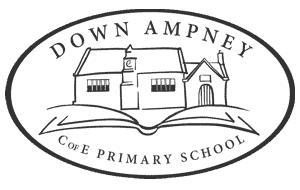
Even the youngest pupils talk with confidence of the three Bible stories which exemplify the vision of achieving, believing and caring.
Siams, Jan 2020
EYFS Mathematics
Intent
Our children will have had many opportunities to develop their understanding of number (including the composition of numbers, number bonds and subitising), numerical patterns (including odds and evens and doubling), measurement, shape and space in a broad range of contexts in which they can explore, enjoy, learn, practise and talk about numbers and shapes. We encourage children to understand and respond to the symbols that represent numbers and what this means in real contexts. We support children in understanding what an important role shapes and numbers play in our everyday lives and how they develop our own understanding and help us to solve problems. We approach this area by fostering a love of number and the enjoyment of solving problems.
Implementation
Children explore maths, using mathematical vocabulary to reason and explain their findings. Our curriculum allows children to better make sense of the world around them relating pattern between mathematics and everyday life. The children are taught the skills needed to succeed in mathematics providing examples of good practice and having high expectations. Each day children in Reception receive maths sessions and weekly a mastering number session, where a particular concept or element is introduced and explored in small steps. We create a rich environment, where talk for maths is a key learning tool for all pupils. There are opportunities for our children to explore and develop their mathematics throughout our learning environment, inside and outside. In these areas the children are encouraged to consider shape and measure too. Adults are skilled at encouraging mathematical opportunities through children’s play alongside reinforcing key vocabulary and will challenge where this is a focus for the child’s next step.
Impact
All children are expected to succeed and make outstanding progress from their starting points. They are competent with the skills of subitizing and have developed number sense skills. Pupils can talk about number and explain what it is and isn’t. They solve problems and make predictions about what might happen while using appropriate vocabulary. Our pupils apply their mathematical skills in a variety of contexts. They have a positive mind set about maths and making ‘mistakes’.

